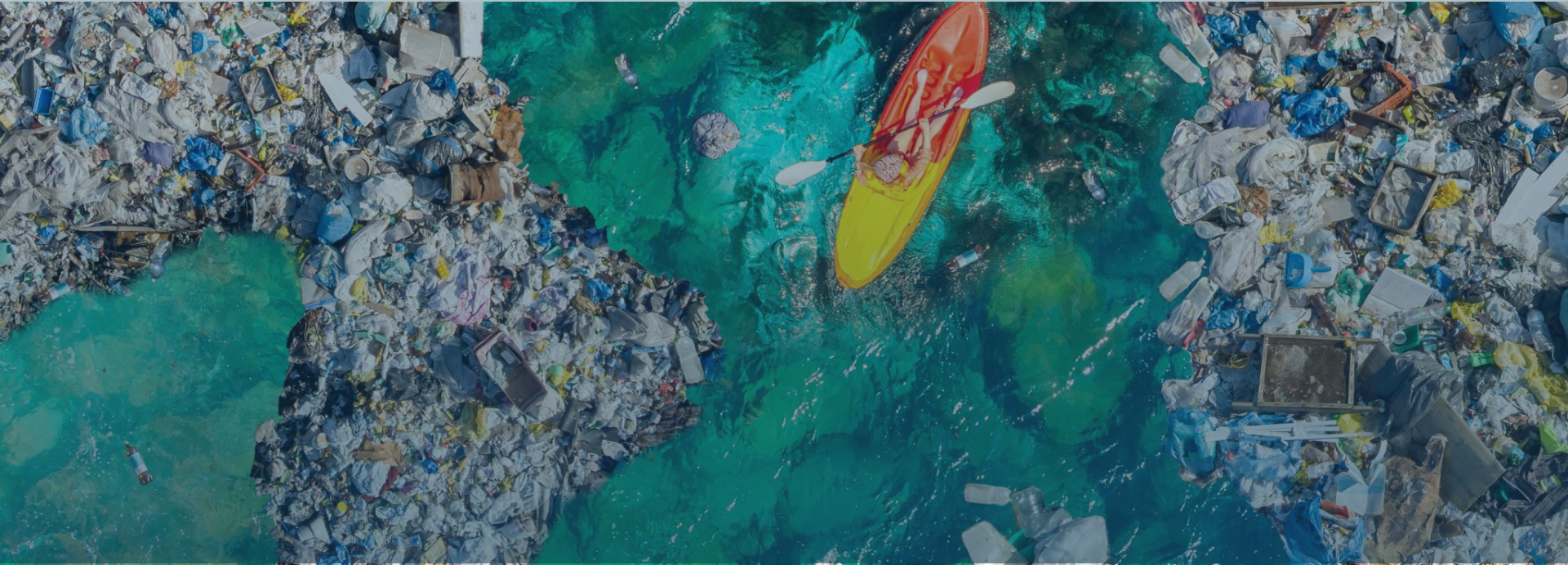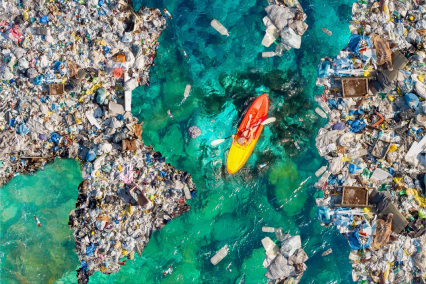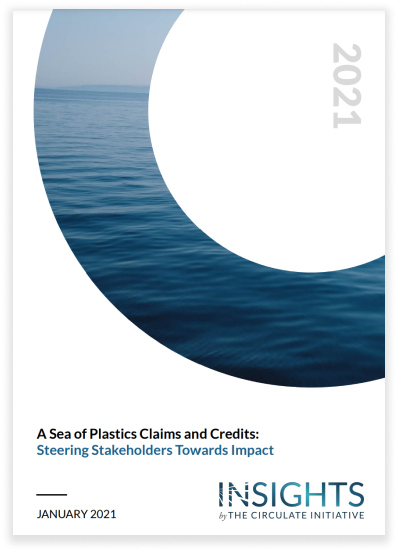

A Sea of Plastics Claims and Credits: Steering Stakeholders Towards Impact
As more companies and governments make commitments to address plastic pollution, several plastic offset claims and credit schemes have emerged. However, stakeholders looking to adopt such schemes will find that the current landscape is mired with a lack of standards and best practice principles.
The Circulate Initiative reviewed the current landscape of standards, certifications, and credit programs to assess the strengths and weaknesses of current programs and whether they are equipped to help buyers meet their impact objectives. The report also identifies 11 best practices to ensure that the outcome of these programs contribute to a meaningful impact on preventing ocean plastic pollution.
Key takeaways from this report include:
- The most concerning issue in the plastic credit ecosystem is the absence of a consistent definition of “ocean plastic” across programs or operators.
- Three key risks identified in the landscape of plastic claims and credits are greenwashing, unintended economic and social consequences, and ignoring the impact on climate.
- Stakeholders in the space should consider plastic credits as a last resort, only to be pursued after other strategies, including reducing the use of unnecessary plastics, reusing when possible, designing for recyclability, driving demand for recycled content, and investing directly in circular infrastructure, have been exhausted.
- Of the programs reviewed, the strongest performers exemplifying best practice were focused on recycled content claims or labels. Recycled content programs tend to be more mature than nascent ocean plastic programs, and it is possible that the “recycled” definition is more easily understood and more harmonized in comparison with ocean plastics.

Read Report
*By clicking the "Download" button, you are agreeing to The Circulate Initiative’s Terms of Use and Privacy Policy.